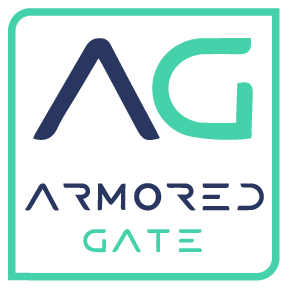What you need to know
Technical On-page optimization, also known as on-page SEO, or Technical SEO is the practice of optimizing individual web pages to rank higher and earn more relevant traffic in search engines. It involves optimizing server speed, source code, content and HTML source code of a page.
Key elements of technical on-page optimization:
- Content: This includes optimizing text, images, videos, and meta tags to ensure they are relevant and informative for both users and search engines.
- HTML source code: This involves optimizing elements such as title tags, meta descriptions, header tags, and URLs to improve search engine rankings.
- Technical optimization: This includes optimizing server speed, source code, and IP addresses to improve website performance and crawlability.
Importance of on-page optimization:
- Improved search engine rankings: By optimizing individual web pages, you can increase your chances of ranking higher in search engine results pages (SERPs).
- Increased organic traffic: Higher rankings lead to more visibility and more organic (non-paid) traffic to your website.
- Enhanced user experience: On-page optimization focuses on creating user-friendly content and website structures, which improves user experience and engagement.
- Better understanding for search engines: Optimized content and code help search engines understand the topic and relevance of your web pages, which is crucial for ranking.

Full Site Technical Optimization
Armored Gate can perform a site wide Technical Optimization of all your pages and content. Prior to that we conduct a full site SEO audit to itemize out main pages and redundant page templates.
Keyword Research
Keywords are the words and phrases that people type into search engines like Google to find information, products, or services. They are the bridge between what your target audience is looking for and the content you provide on your website.
Why is Keyword Research Important?
Competition: Keyword research helps you understand the competitive landscape. You can identify keywords with lower competition, making it easier to rank higher in search results.
Relevance: Using the right keywords ensures that your content is relevant to what people are searching for. This helps search engines understand what your pages are about and rank them accordingly.
Targeted Traffic: By targeting specific keywords, you attract visitors who are genuinely interested in your offerings. This increases the chances of conversions (e.g., making a purchase, signing up for a newsletter).


Individual Page Optimization
On-page optimization techniques:
- Keyword research: Identify relevant keywords that your target audience is searching for and incorporate them naturally into your content and meta tags.
- Title tag optimization: Create compelling and informative title tags that accurately reflect the content of your page and include your target keyword.
- Meta description optimization: Write engaging meta descriptions that summarize the content of your page and encourage users to click through from the SERPs.
- Header tag optimization: Use header tags (H1-H6) to structure your content and highlight important information.
- Image optimization: Optimize images by using descriptive file names and alt text, and compressing them to improve page load speed.
- URL optimization: Create short, descriptive URLs that include your target keyword.
- Internal linking: Link to other relevant pages within your website to improve navigation and distribute link equity.
- Mobile-friendliness: Ensure your website is mobile-friendly to provide a seamless experience for users on all devices.
- Page speed optimization: Optimize your website’s loading speed to improve user experience and search engine rankings.
By implementing these on-page optimization techniques, you can improve your website’s visibility in search engines, attract more organic traffic, and enhance the user experience.

